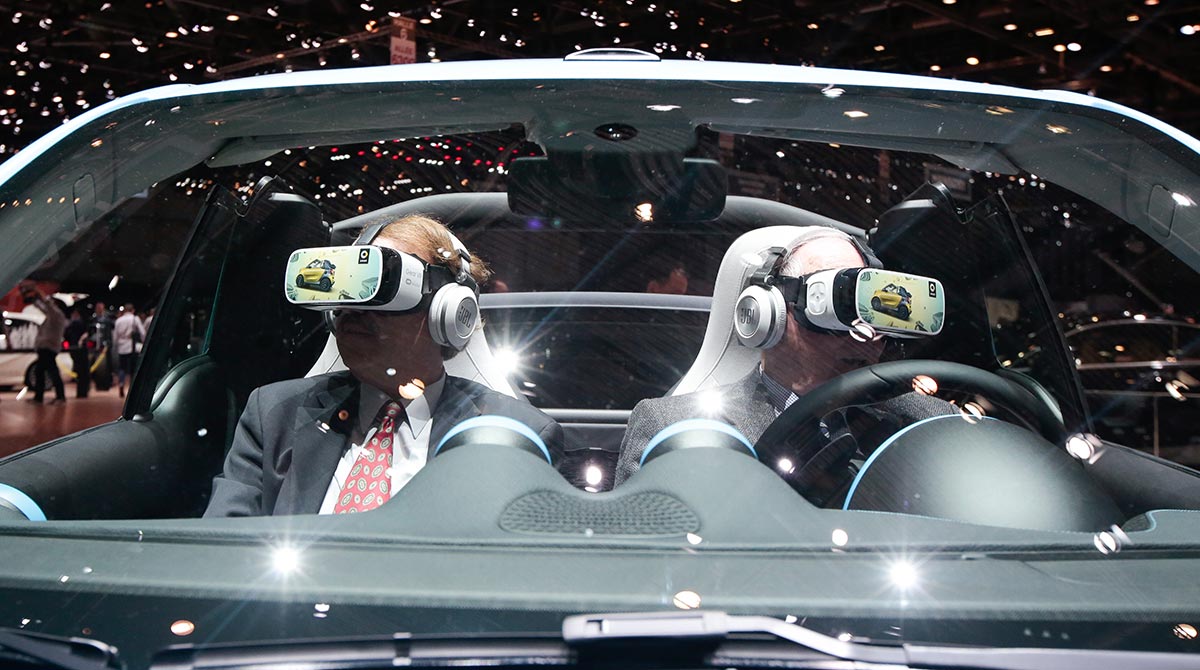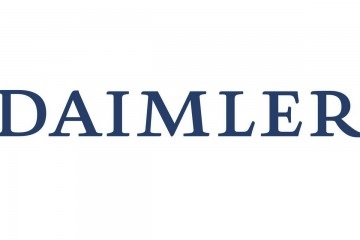
German automaker Daimler AG has, for more than a century, focused primarily on one mission — building and selling cars.
Now, facing a future in which private car ownership may fade, Daimler is ramping up efforts to create new products and services — even business models.
The automaker is taking its 10-year-old Business Innovation unit, with offices in Sunnyvale, and turning it into an in-house incubator called Lab1886.
Lab1886 will solicit ideas from Daimler employees, subject them to a “Shark Tank”-type competition to select the most promising, and then develop them — aiming to move as quickly as possible. If they work, those ideas could be incorporated in Daimler itself or spun out into their own companies.
Named after the year of the automobile’s invention, Lab1886 is part of Daimler’s larger effort to rethink its future according to a set of expectations known as CASE, short for vehicles that are connected, autonomous, shared and electric.
It’s also part of a trend among automakers to describe themselves as companies that provide mobility services rather than just building wheeled machines. Witness Ford Motor Co.’s Ford Smart Mobility unit, backer of the GoBike bicycle-sharing program in the San Francisco Bay Area.
“We need to convert from being an automobile manufacturer to being a mobility service provider,” said Rasheq Zarif, head of Lab1886’s North American operations. “We’ll still be building cars, but in quantities to be determined.”
Zarif, who lives in San Francisco, works out of the Mercedes-Benz Research & Development North America lab in Sunnyvale. His business unit already developed the car-sharing service Car2go, which has become a Daimler subsidiary, as well as a partnership with Vivint Solar that pairs lithium-ion batteries with home solar arrays.
It has also piloted a few ideas in the concierge economy, such as delivering laundry and nonperishable groceries to subscribers’ cars.
“We’re not so efficient that we can deliver ice cream to your trunk,” Zarif said. “We’re trying to figure out if people want it and are willing to pay for it.”
Some of the ideas Daimler has proved willing to pursue may seem far-fetched.
The company this year led a $30 million funding round for German startup Volocopter, which is developing a small electric helicopter with multiple rotors. Lab1886 will work with Volocopter to develop an urban air taxi service, according to Daimler.
But much of Lab1886’s focus will go to ideas that can help Daimler’s existing business units, from automobile and truck manufacturing to finance. The lab will have offices in Sunnyvale; Stuttgart and Berlin in Germany, and Beijing.
